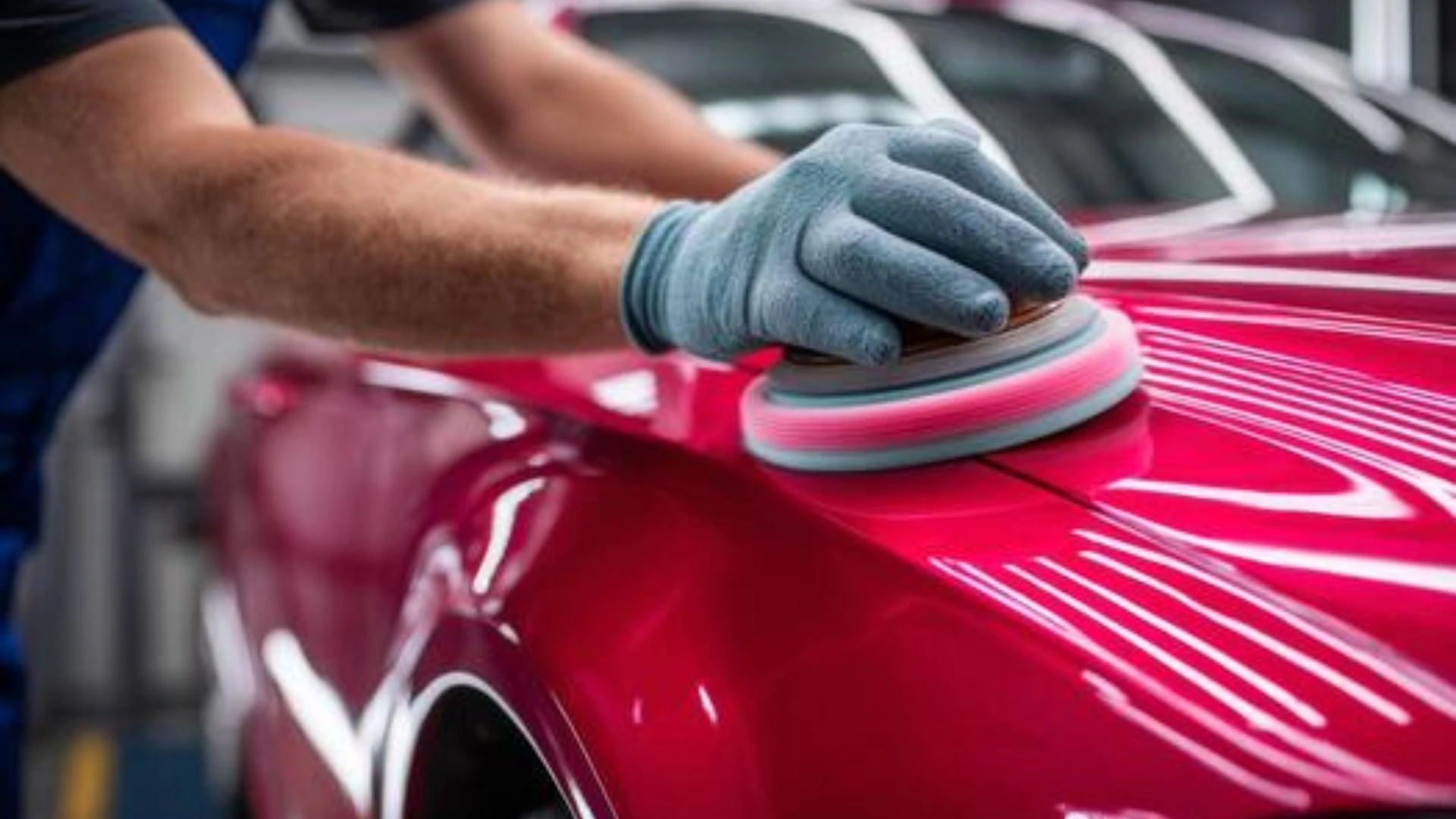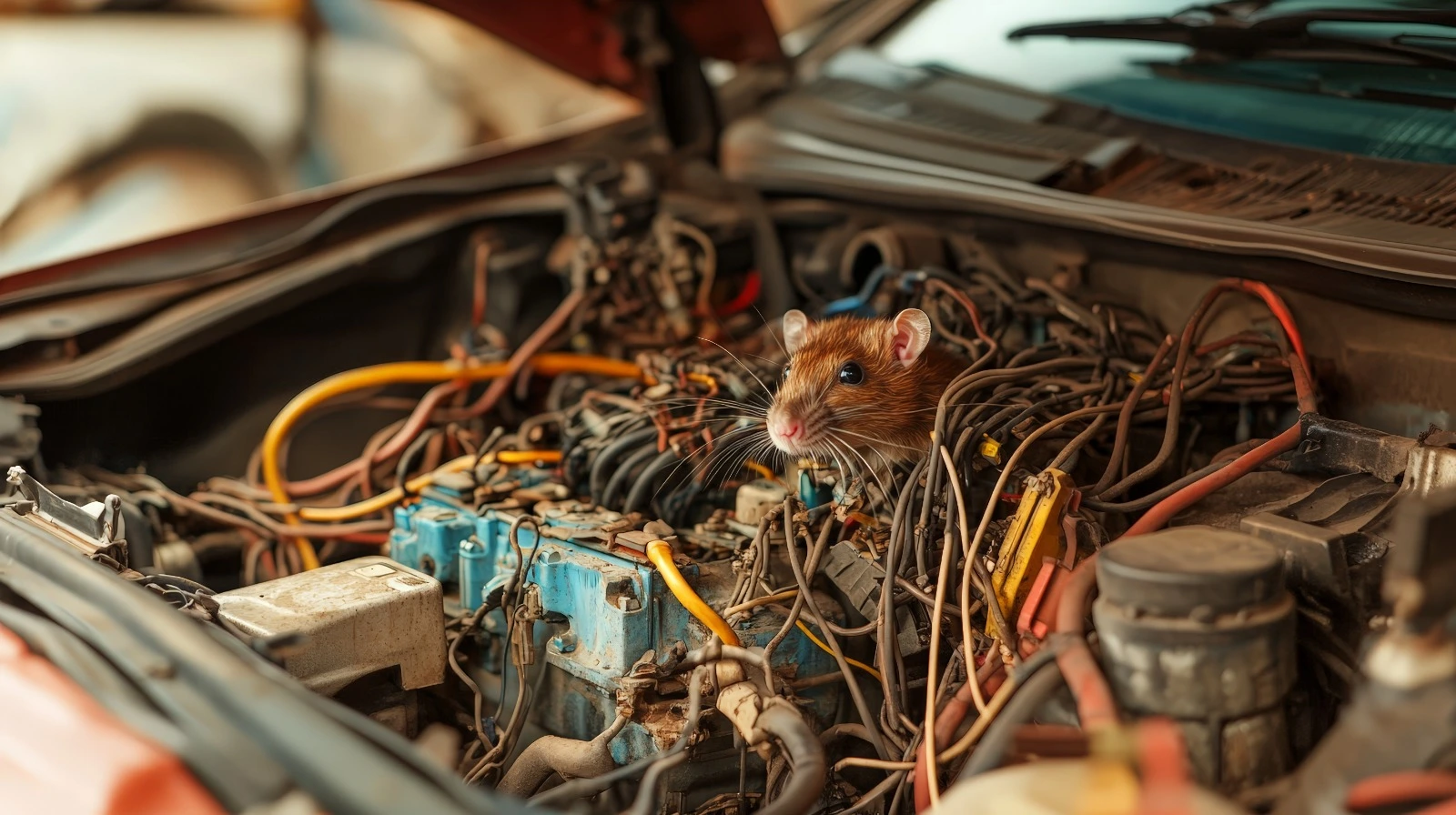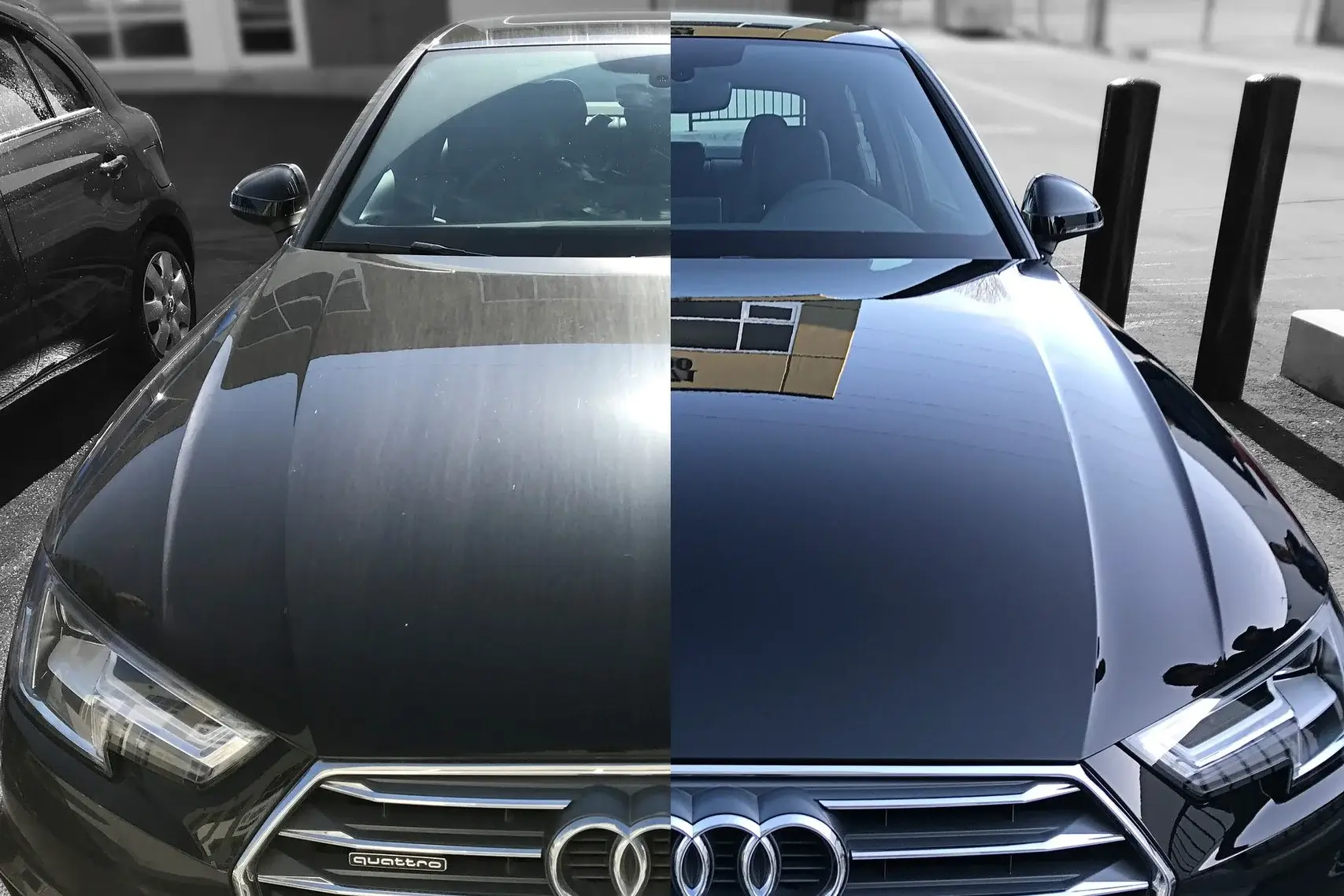
Table of Content
▼Ceramic coating has become popular among car enthusiasts for its promise of long-lasting protection and a brilliant, shiny finish. However, is it the appropriate decision for your vehicle? Let's look at 5 advantages and 5 disadvantages of ceramic coating to help you decide.
Pros
- Improved protection
Ceramic coatings offer a durable shield for the paint of your car.This layer protects the paint from harmful UV rays, reduces oxidation and prevents the paint from fading. It also resists chemical stains from acidic contaminants, bird droppings and tree sap, which can etch and damage the paintwork.
- Hydrophobic properties
One of the most talked about benefits of ceramic coatings is their ability to repel water. This results in water and other fluids forming droplets and sliding off the surface, carrying away dirt and filth in the process.This feature not only makes the car easier to clean, but also helps maintain its shiny appearance for longer periods of time.
- Glossy finish
Ceramic coatings can greatly enhance the look of your vehicle.. The coating adds depth and clarity to the paint, resulting in a high gloss finish that is often compared to a mirror-like sheen.It can also give an appearance of youth and good care to older vehicles.
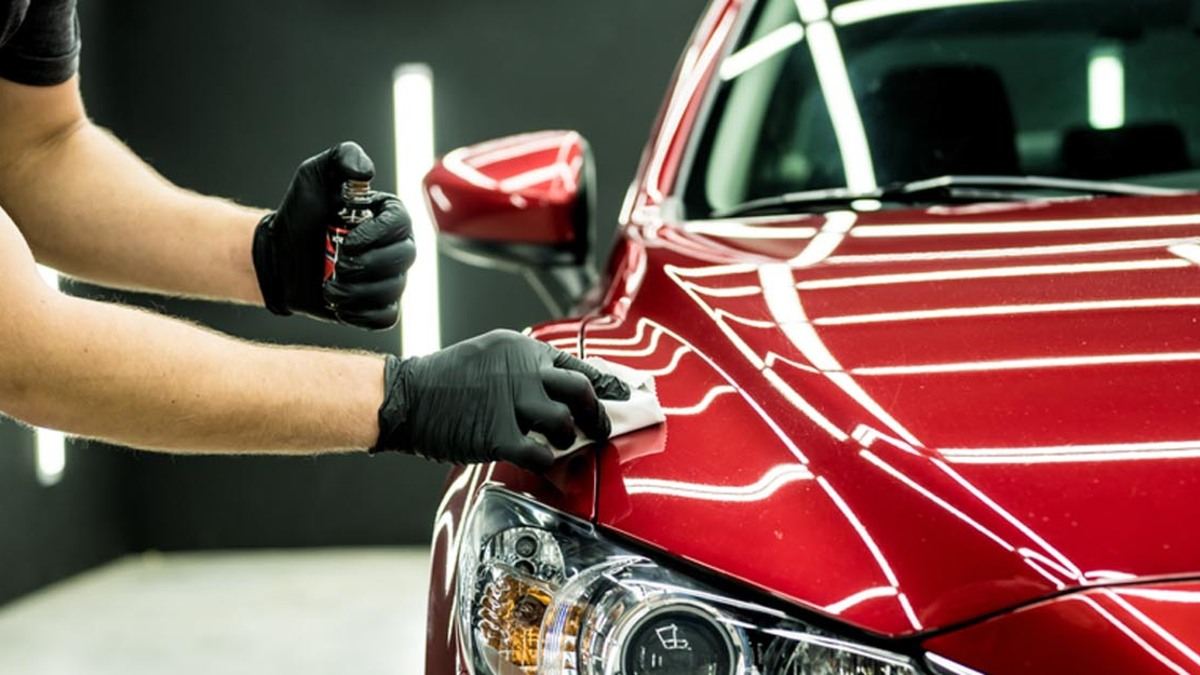
- Longevity
Unlike traditional waxes and sealants that wear out after a few months, ceramic coatings are designed to last for years.Depending on the type of product used and how well it is maintained, a ceramic coating can provide lasting protection for one to five years, minimizing the need for frequent reapplication.
- Scratch resistance
Although ceramic coatings are not completely scratch resistant, they do offer some scratch resistance. The tough barrier produced by the coating can minimize the chances of small scratches and swirl marks caused by regular washing and drying.
Cons
- Cost
One of the biggest disadvantages of ceramic coating is the cost. Professional application can be quite expensive, often ranging from a few hundred to over a thousand dollars. While there are DIY options available at a lower cost, they may not offer the same level of protection or finish as a professional job.
- Labor intensive application
Using a ceramic coating involves careful preparation in a detailed process.The car's surface must be completely clean and free of any imperfections before application. This often involves several steps, including waxing, claying, polishing and applying the coating. For the best as a result, it is recommended to have it done by a ceramic coating specialist, which increases the overall cost.
- Potential with imperfections
If applied incorrectly, ceramic coatings may cause stains, streaks or clouding to appear on the paint. Getting rid of these flaws can be tough and might need to be fixed by a professional.DIY enthusiasts must follow instructions closely and work in a controlled environment to avoid such problems.
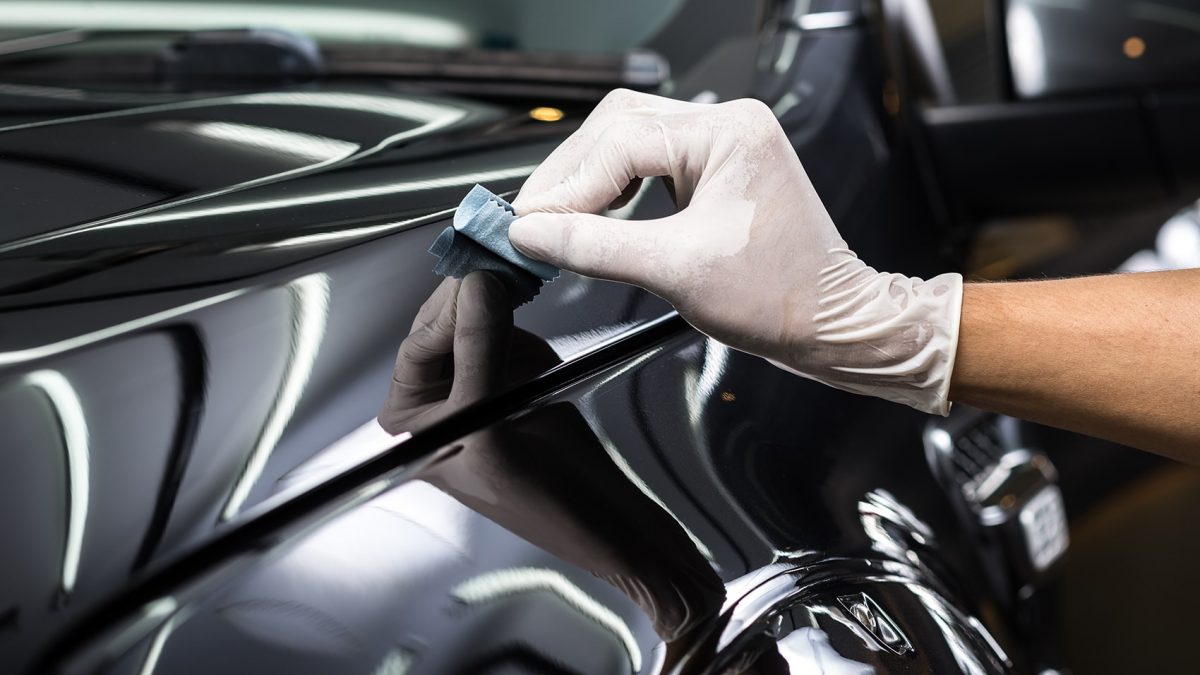
- Maintenance requirements
While ceramic coatings decrease the necessity of regular waxing, they still require maintenance. Keeping the coating effective and looking great still requires regular washing with proper techniques and products. Harsh chemicals and abrasive cleaning methods can damage the coating over time.
- It is not a solution to all damages
Ceramic coatings do not protect against all types of damage. They won't prevent stone chips, dents or serious scratches. It's important to have realistic expectations and understand that while ceramic coatings provide excellent protection, they are not a panacea for every potential problem your car may face.
Conclusion
Ceramic coating provides various advantages, such as enhanced protection and a shiny appearance, along with extended durability. Nevertheless, the significant drawbacks lie in the expensive and labor-intensive process of applying. For car owners looking for a balance between aesthetics and protection, ceramic coatings can be a worthwhile investment. However, it is important to weigh the pros and cons and consider professional use to maximize the benefits.
Also Read: PPF (Paint Protection Film) vs Ceramic Coating: Which is more effective?
Deepika Chauhan
Auto Care Specialist & Vehicle Maintenance Advisor Deepika Chauhan is a car care expert with 8+ years of experience in authorized service centers and independent garages. Her articles focus on DIY maintenance, service schedules, and tips that help car owners keep their vehicles in top condition.
_1770807147.webp)
